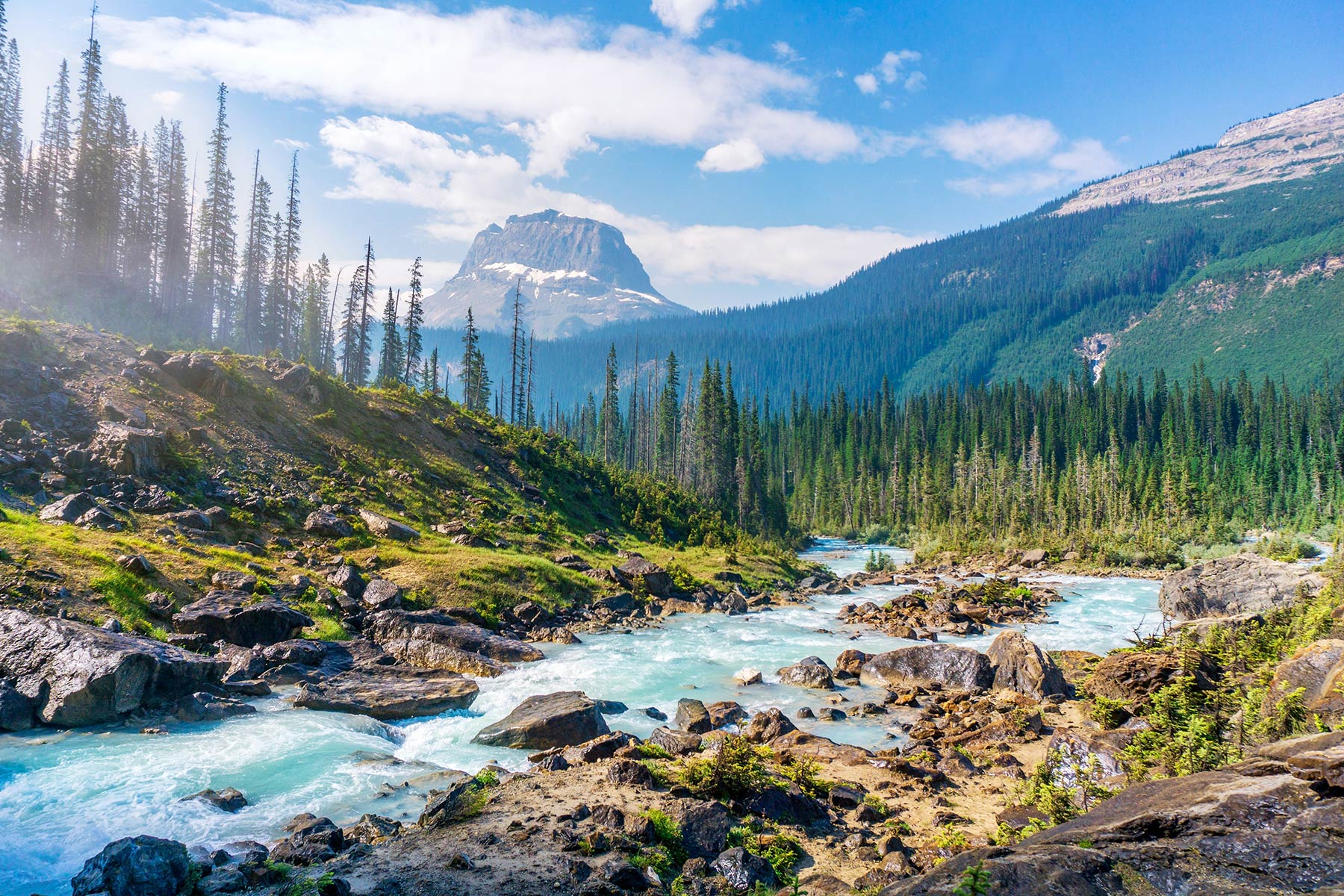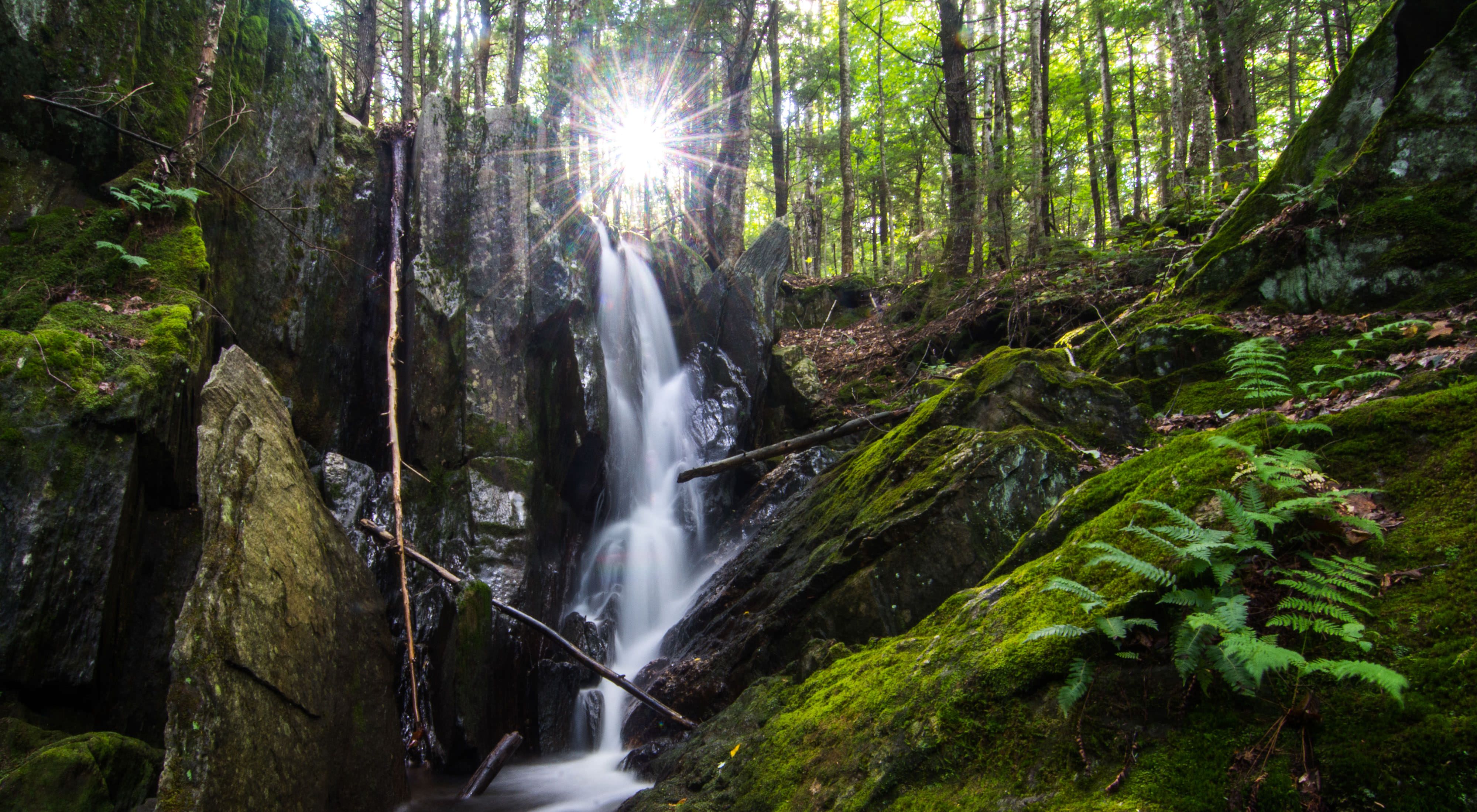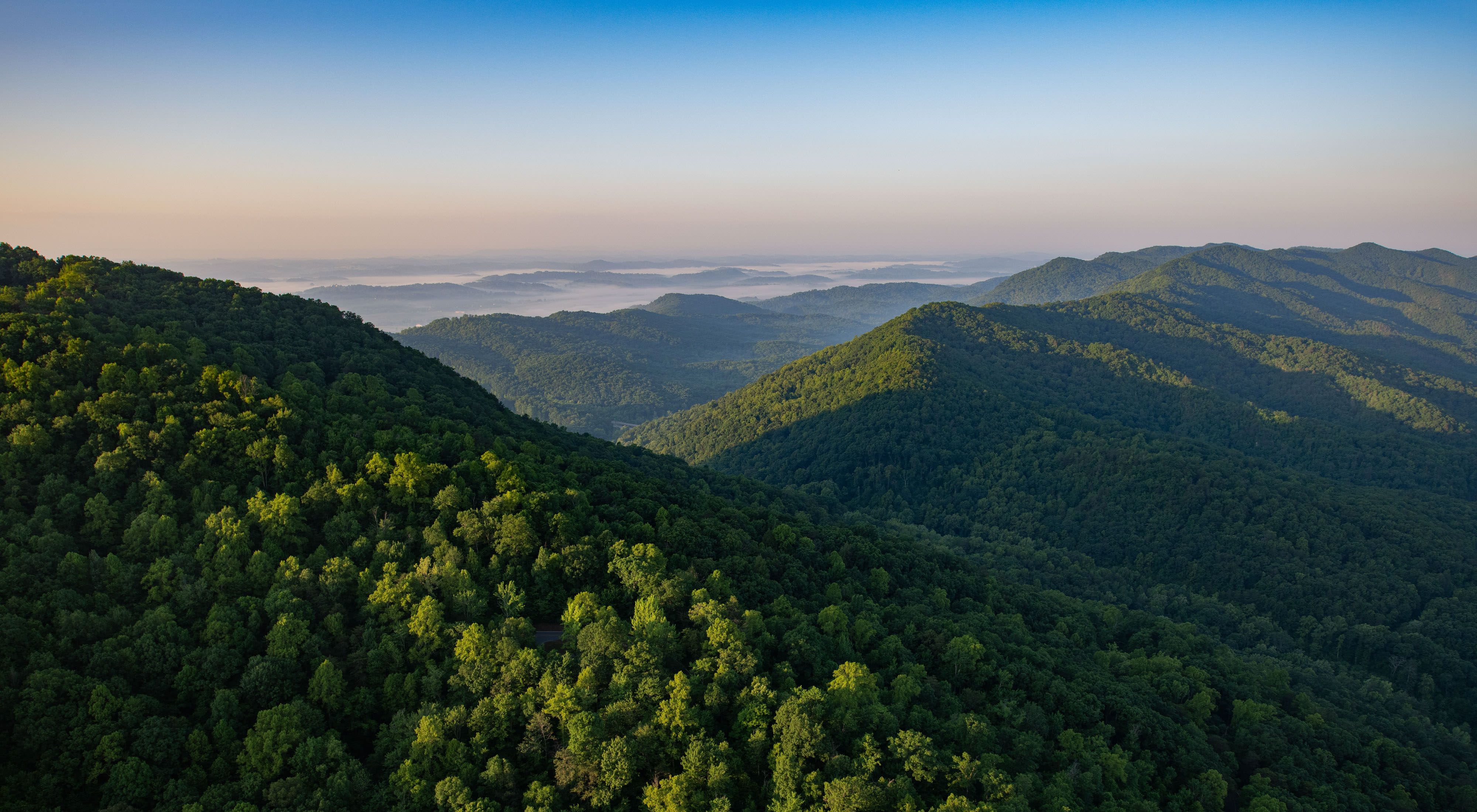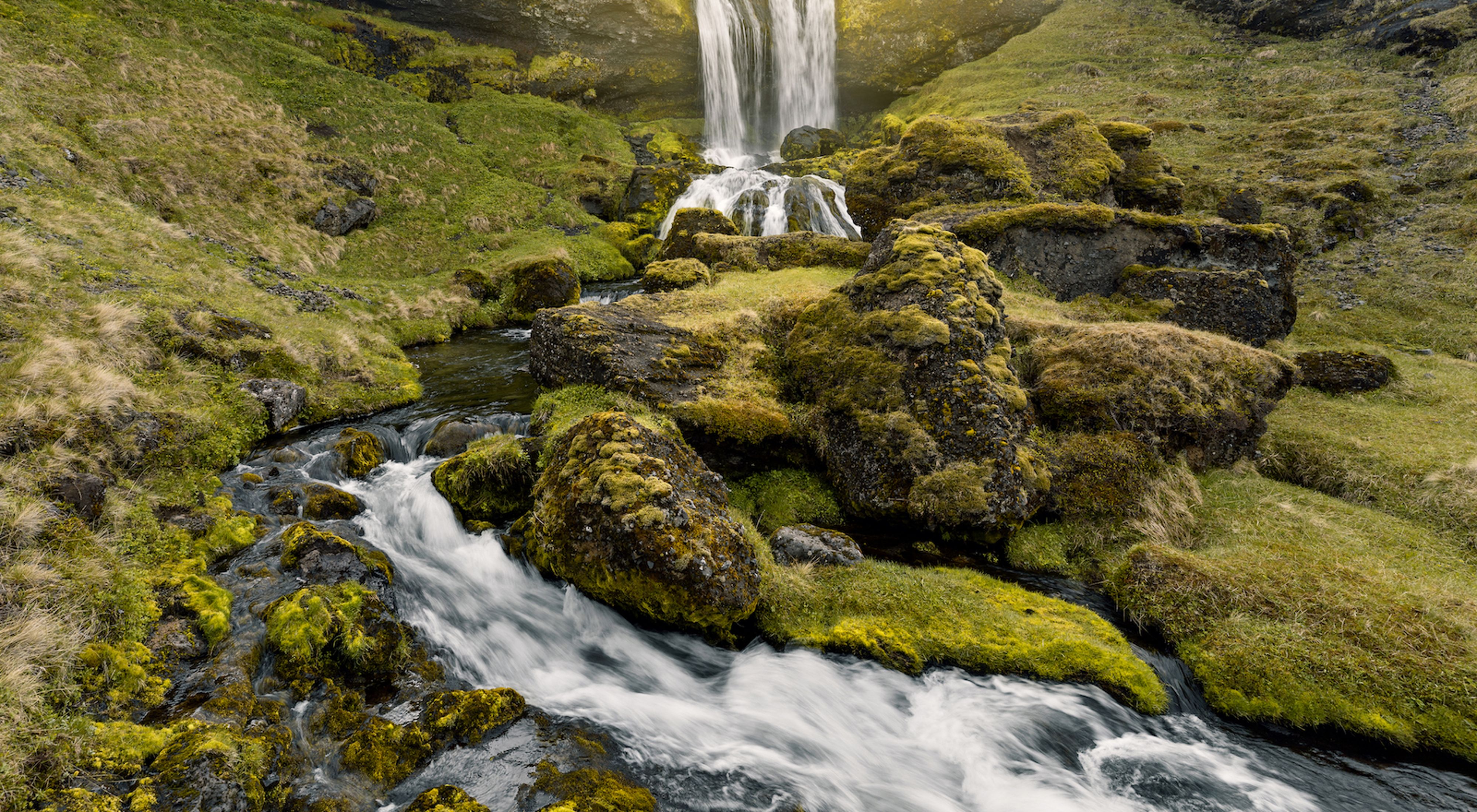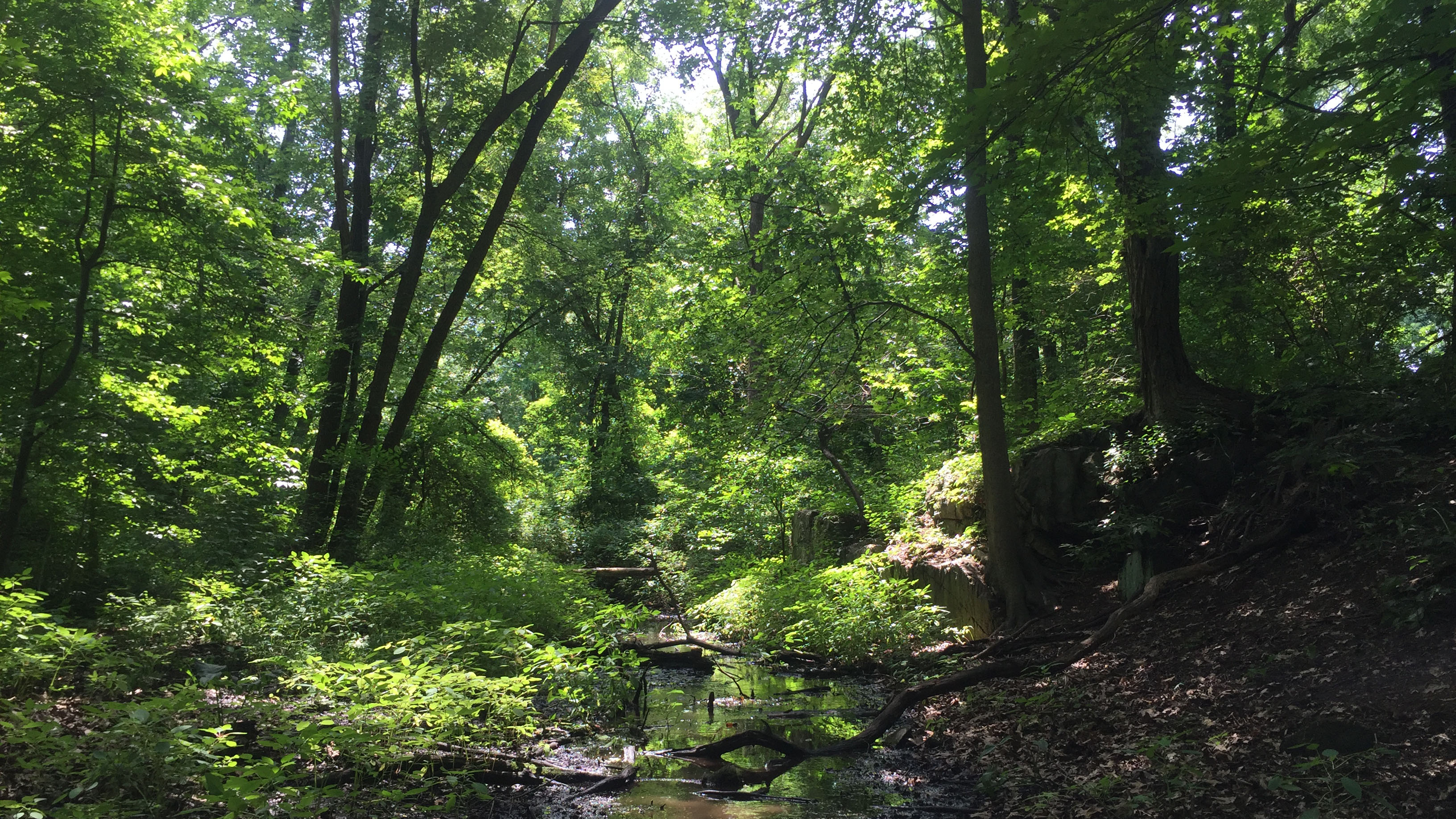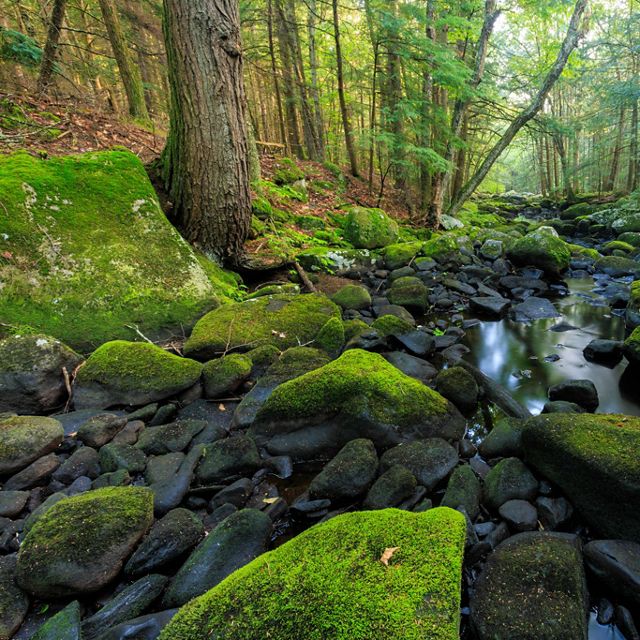What is
Nature?
Nature refers to the physical world collectively, including plants, animals, landscapes, and other features and products of the earth, excluding humans and human creations. It encompasses everything from the mountains and oceans to flora and fauna. As a concept, it is often appreciated for its beauty and complexity, and is a central theme in art, literature, and philosophy.
Origins & History
The concept of nature has been present since the dawn of human civilization, with early humans living in direct relationship with the natural world. Ancient cultures revered nature as a source of life and inspiration, reflecting their dependence on the land for sustenance. Philosophical inquiries into nature date back to ancient Greek philosophers like Heraclitus and Aristotle, who contemplated the essence and structure of the natural world. Over time, nature has been celebrated in various forms through literature, art, and cultural practices around the globe.
Taste & Texture
Nature does not have a taste in the culinary sense; however, elements derived from nature, like fruits, vegetables, and meats, can offer a wide range of flavors from sweet to savory, tangy to umami.
Ingredients
Sunlight
Essential for photosynthesis, sunlight is vital for the growth of plants and the overall health of ecosystems.

Water
Water is crucial for all living organisms; it hydrates plants, animals, and humans, making it a fundamental component of life.
Soil
Soil is the upper layer of earth in which plants grow; it is a mix of organic matter, minerals, gases, liquids, and countless microorganisms.
Air
Air is composed of gases essential for life, including oxygen and carbon dioxide, which are necessary for respiration and photosynthesis.
Plants
Plants form the basis of ecosystems and provide food, oxygen, and habitat for various organisms.
Animals
Animals contribute to biodiversity and have complex roles within ecosystems, from pollinators to predators.

Images may not reflect the actual item.

